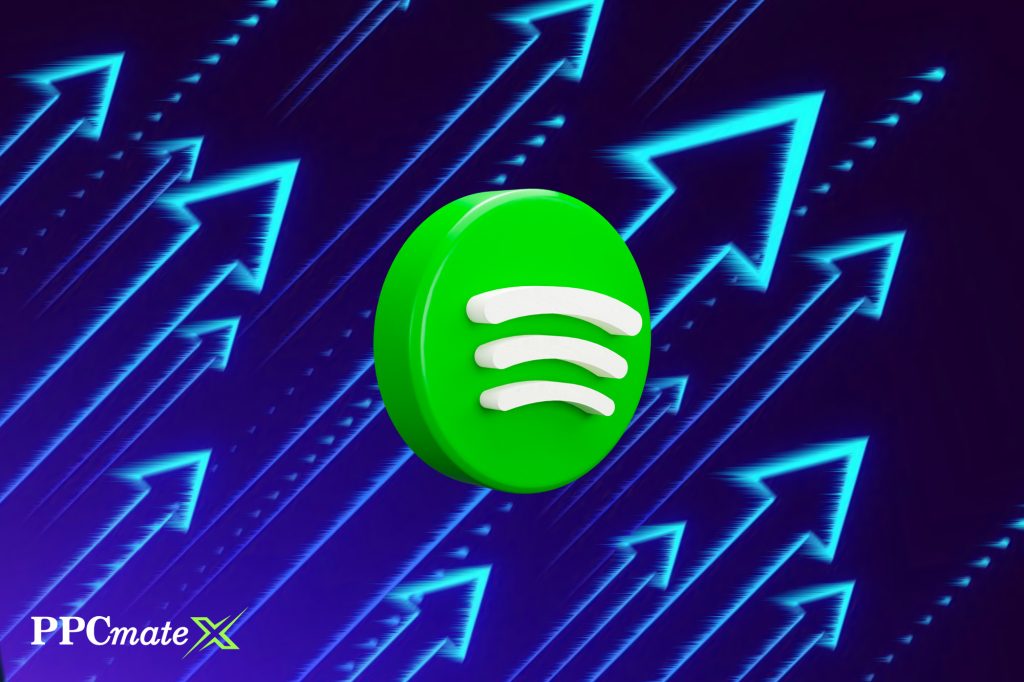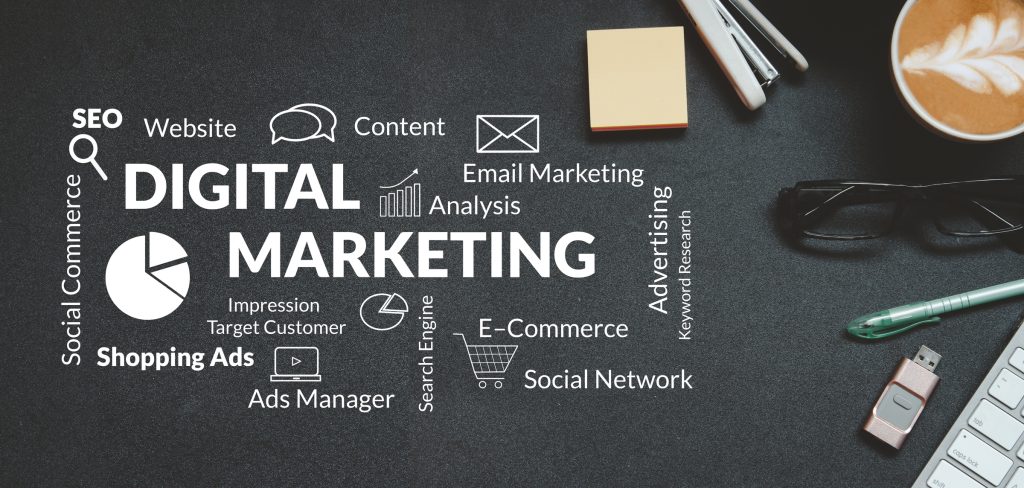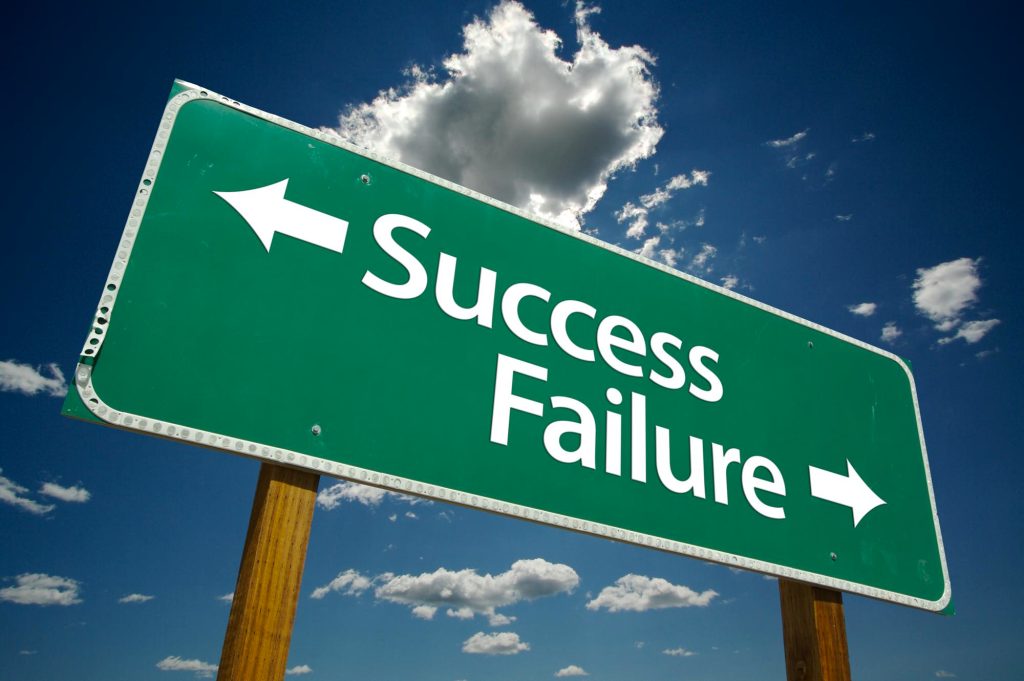46% of people opt into push notifications so that they can receive personalized alerts. The customer is expecting upcoming promotions and sales through email and time-sensitive content and tailored deals through push notifications. While emails may get lost in inboxes, push notifications provide urgent information like customer service updates, shipping notifications, and alerts on deals that expire soon.
Email Expectations
Customers are expecting totally different things from push and email. They have unsurprisingly become jaded with emails. Years of tactless marketers and spam continuously filling up their inbox with irrelevant messages aimed to sell has lead to a distrust of email marketing campaigns.
Many customers are just looking at the title of promotional emails. They then delete them without a second thought. The average rate for email click through is only 3%. Modern customers are not expecting emails to be relevant personally and, therefore, are rarely engaging with them. Users want emails for content that they can look back and find even after several days, weeks, or months.
Push Notification Benefits
Push notifications have a different impact on your marketing campaign strategy. They have been specifically created with apps and smartphones in mind, which are the most effective and powerful channel for engaging your customers. These notifications are immediately accessible on the front screen of your phone.
This makes you more accessible to users where they’re browsing, but you have to be sure you aren’t annoying your users. Notifications should be relevant to the user in the moment. Customers who are receiving push notifications are the heaviest mobile app users and, in turn, some of your most valuable customers.
Timing
The always-on aspect of push notifications is a double-edged sword. While customers have their phones with them at all times, it does not mean they are always open to receiving push notifications. Marketers are able to send a blast email in the morning and expect people to read it when they sit at a computer, ready to interact.
On the other hand, push notifications happen immediately. Poorly timed notifications may interrupt someone from their sleep or work, causing a seriously negative reaction. Nonetheless, sending a push when the user is most likely on their phone will increase your engagement and conversion rates.
Push notifications and emails are fundamentally different channels for communication. They should be treated as such. You can’t simply tack on push notifications to your current email marketing campaign strategy. To have the greatest success, you need to create different campaigns for each.
_______
Source: sendmsgs.com








